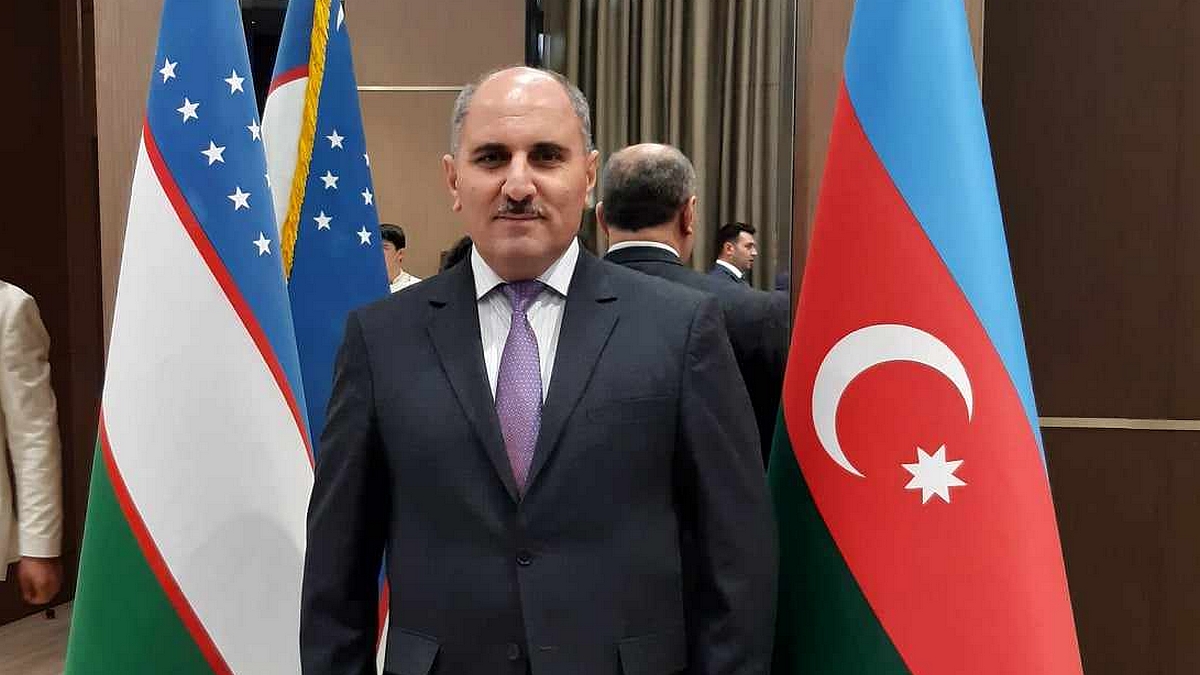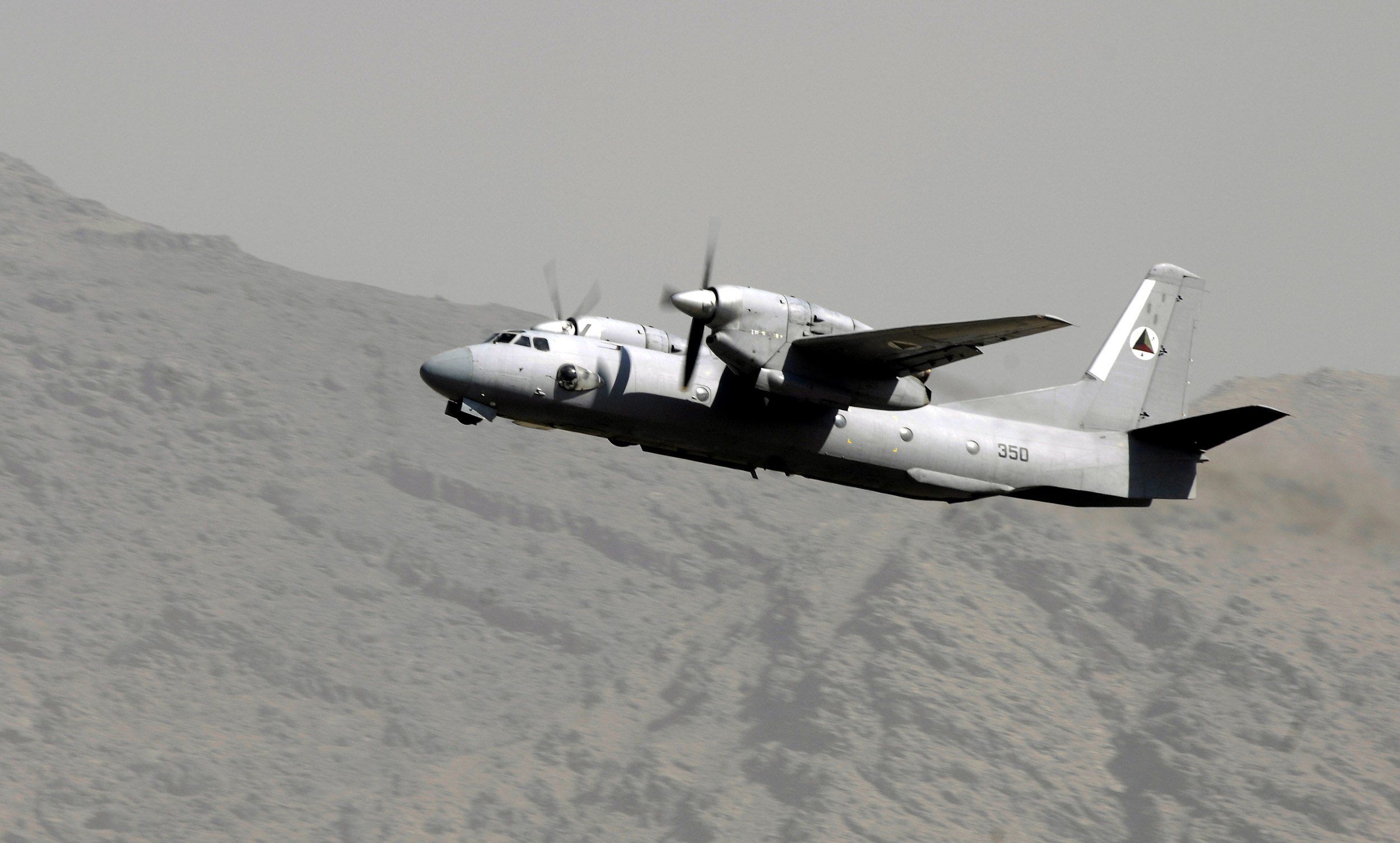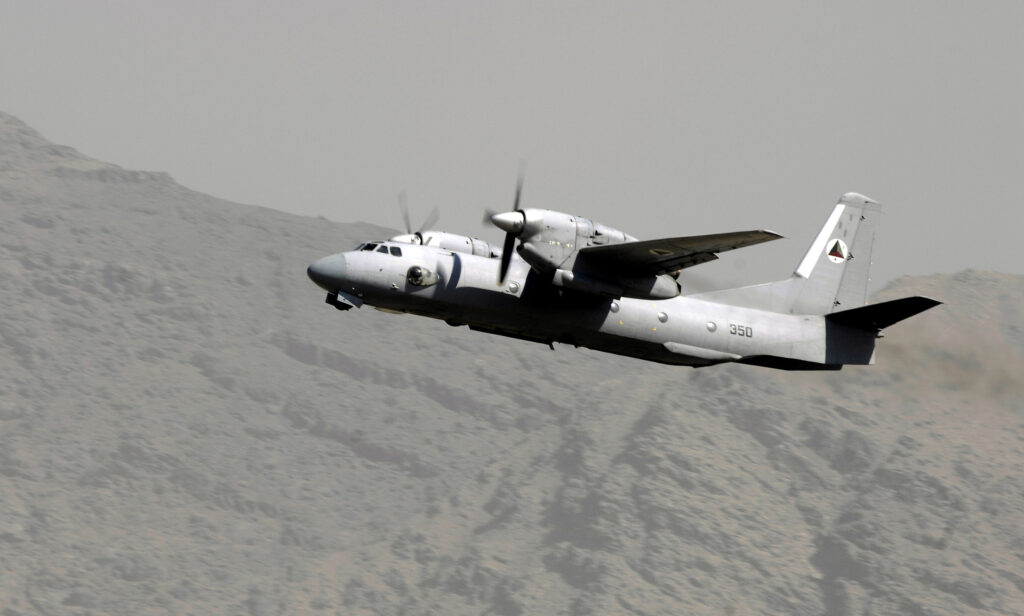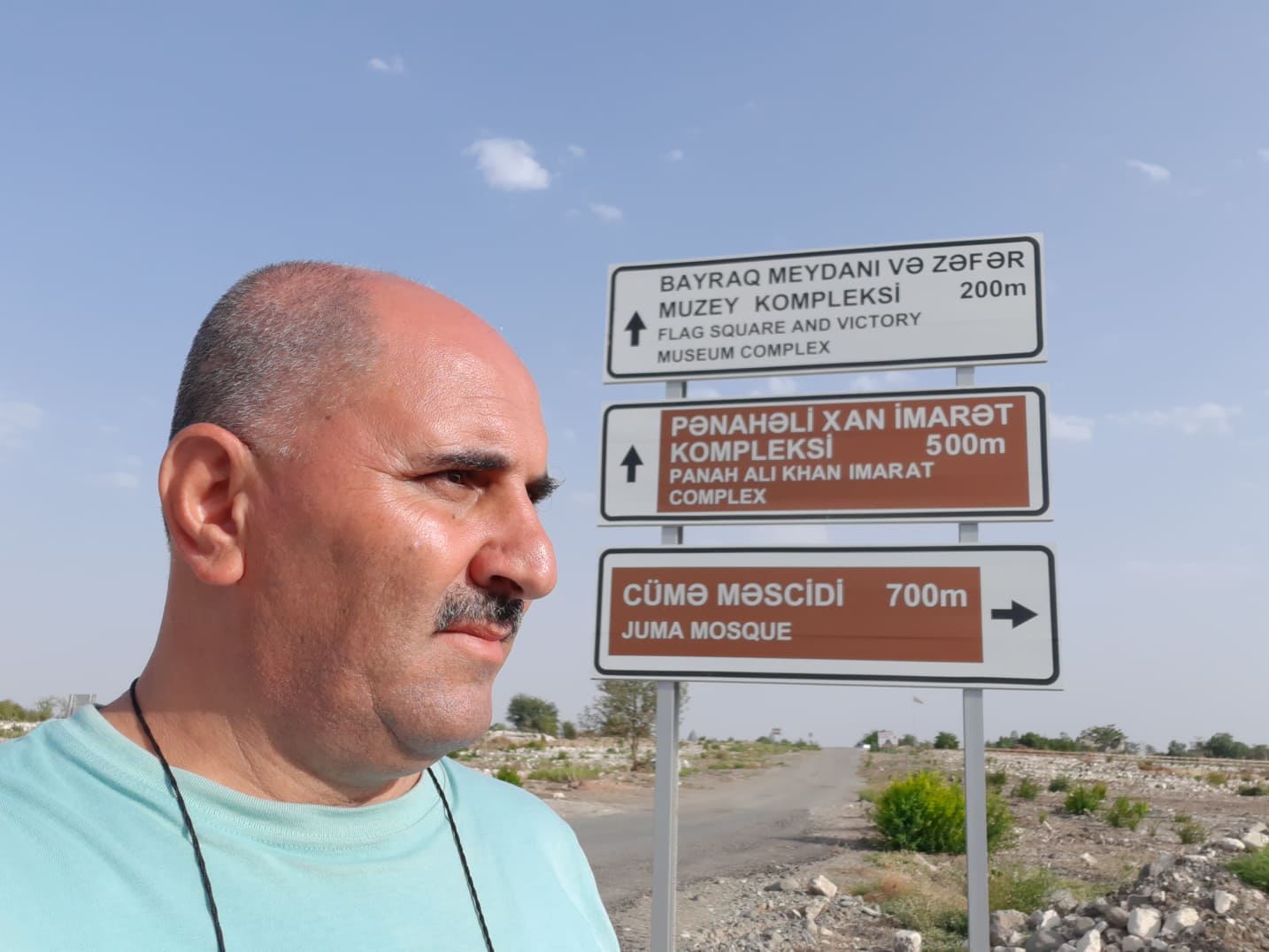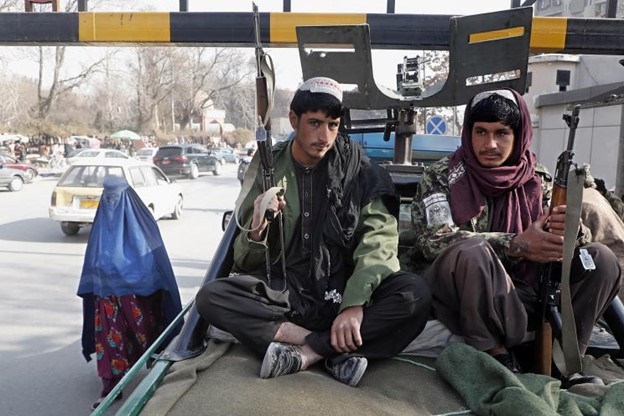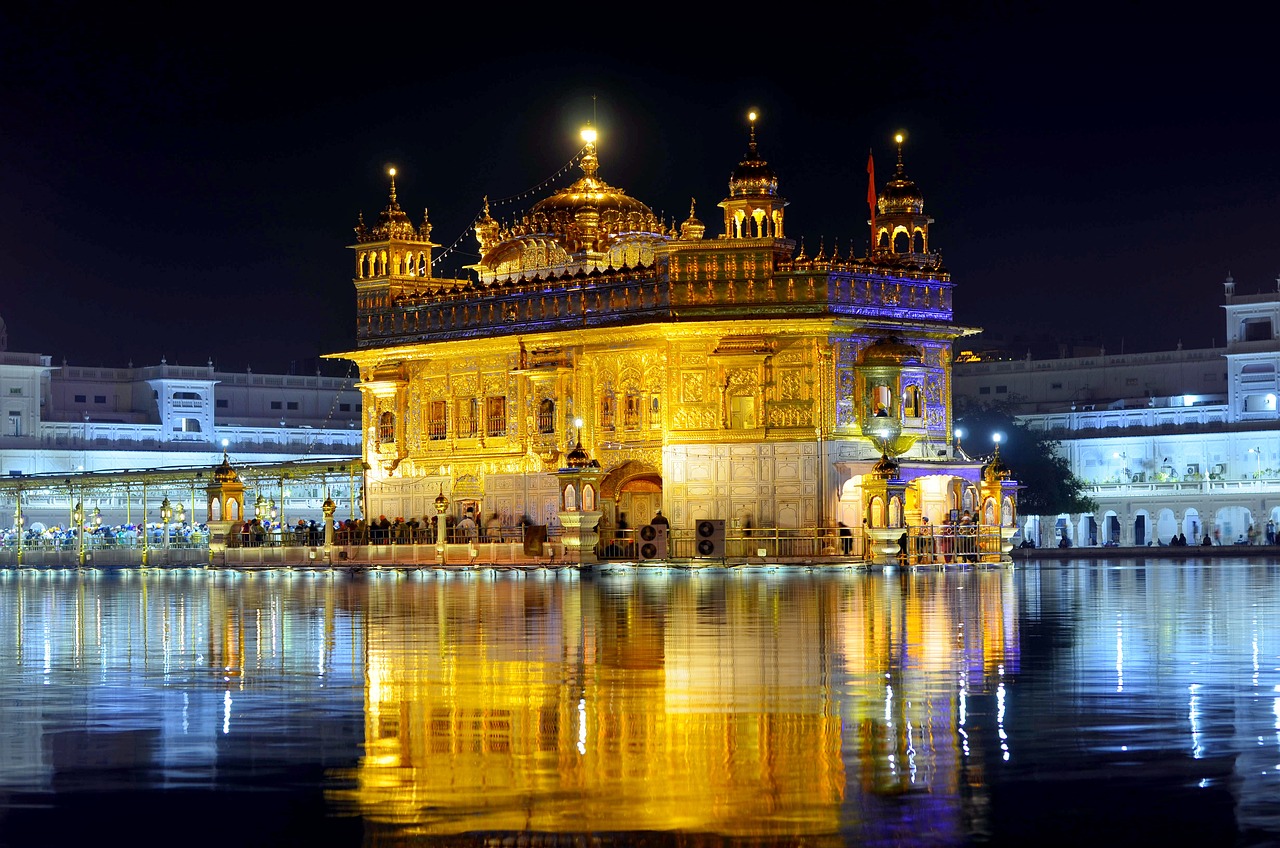By Azer HASRET
The headline is from the piece written recently by the well-known Azerbaijani journalist Seymur Verdizade, an editor-in-chief of the online publication Yeni Sabah.
Our esteemed readers can remember, a bit while ago I have had an article about Seymur’s journey back to his house in Soltanli village of Jabrayil district which was liberated from Armenia’s occupation in 2020’s 44-day war. Seymur had visited his home village on April 2021 and was filmed crying on the remnants of his house.
Thus, I wrote an article called “A Long Journey of an IDP Journalist to His House” where described feelings of Seymur.
Now Azerbaijan has conducted a local antiterror operation in the territories of Karabakh, where Armenia’s Army remnants were still creating disturbances. After very successful operation a 10-thousand strong Army of Armenia agreed to surrender. Then a small Armenian community members decided to leave Azerbaijan forever. Or some of them will come back maybe.
Armenians are complaining of the situation. Some of them call Azerbaijan as an aggressor and even occupant. But the world knows and sees that Azerbaijan did not attack any other country’s territory. It has conducted an antiterror operation on its soil only.
Seymur has an answer to those Armenians who is complaining of the situation. As Seymur himself is and IDP due to Armenia’s occupation I found his article interesting and of need to spread around. That’s why asked him to provide it in English so many people around the world can read, understand and compare the realities. Especially those who fell a victim of Armenian propaganda.
30 Years Ago We Lived in Tents, Now It’s Your Turn
By Seymur VERDIZADE
In these days of victory, if we take a trip to history and remember those hard and difficult days when we were exiled from our native land, wouldn’t you be sad?
Hah, is there a single second been forgotten in these 30 years?!
This pain burned us from inside. Because the smoke of this fire did not come out, there was no one to pour water on it and put out the fire. We were left in flames.
We had a two-story house and a garden with flowers in Jabrayil. When my late grandfather built the second floor, the neighbors said: “Nurullah, even if a cannon is thrown, your house will not collapse”.
Therefore, when Karabakh was under occupation, I often said: “We had a bulletproof house in Jabrayil”.
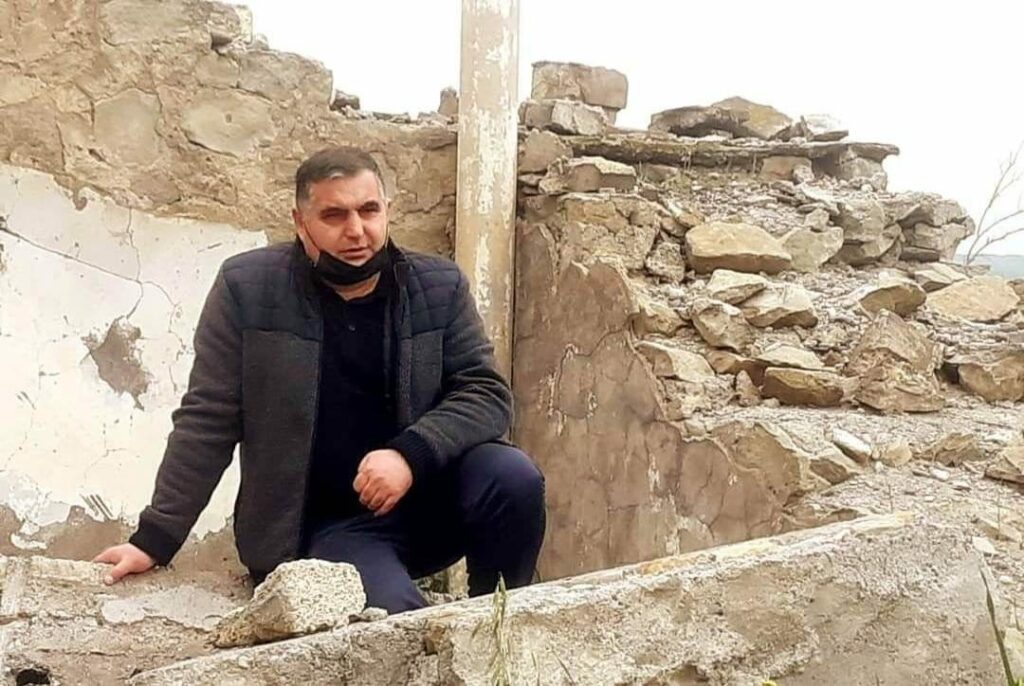
You know, when Jabrayil was occupied, when my native Soltanli village, where I was born, fell into the hands of the enemy, Armenians fired cannons at our house. But even the cannon fire could not erase our house from the face of the earth. Look carefully at the photo I shared: many of those majestic columns are still in place, which look like castle walls…
Since my late father was the youngest child in the house, our grandfather’s legacy was left to us. We had only one tractor with which we could bring everything that my father and grandfather had built, bought and accumulated over the years. We took our clothes and the five or six light items that my mother pointed out in tears and set off towards my friend’s house in Beylagan on the expired tractor. We couldn’t fit into a house because our relatives came after us. At night they made beds for the children under the dining table.
About a month later, we moved to Baku thanks to the support and dedication of Aziz Azizov, who is now the director of the Surakhani district and is known as a devoted patron of the families of martyrs, veterans, and former IDPs in the region.
We were now more comfortable in a room reserved for us in the administrative building of the old tram park. Unlike the house we took shelter in before, when we slept here at night, we could fully open our legs…
Most of our relatives and friends stayed in the regions. They were placed in tent cities. They suffered from cold in winter and heat in summer. Venomous snakes often entered the tents where the people lived. Those who escaped the hands of Armenians died from snake venom and various infectious diseases…
During the local anti-terror measures, a group of Armenian residents of Karabakh were placed in tents so that they would not be harmed. They have all kinds of guarantees. I saw their pictures yesterday that the elderly and sick Armenians are fed by the Azerbaijani police with their own hands…
We will not do to you even 3 percent of what you did to us thirty years ago. If you give up your grudge, you will soon return to your homes. It’s been 30 years, but because of you, we still can’t go back home…
The punishment for the crime you committed should have been severe, very severe. You are lucky that the state and people of Azerbaijan do not live with a sense of revenge. In fact, now your loved ones should have built a mourning tent for you, but we are building a tent to live…

